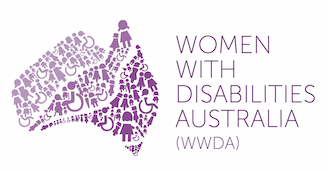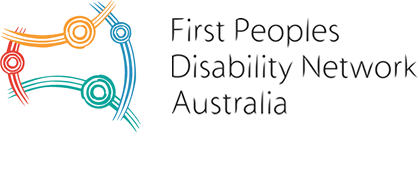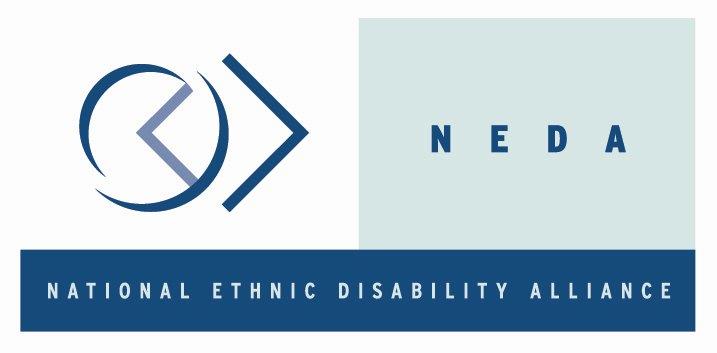Disability Representative Organisations are calling for changes to the Disability Support Pension (DSP) that would allow recipients to keep more of the money they earn when taking on paid work. At the Jobs Summit, the Government committed to providing a temporary upfront $4000 income bank credit to allow Age Pension recipients to earn more before their pension is reduced. This means that Age Pension recipients can retain up to $11,800 this financial year before losing any of their pension.[i]
While we welcome the partnership with the Business Council of Australia to develop an Economic Initiative Pilot to increase and improve employment pathways for people with disability, as well as the immediate action to resolve issues with the taper rate for those on the Age Pension – more needs to change.
“It doesn’t make sense that people on the Age Pension will see immediate change when the same issues exist for people on the Disability Support Pension and long-term high unemployment rates of people with disability require immediate action” said Ms Catherine McAlpine, CEO of Inclusion Australia.
The way the DSP is currently structured, single recipients lose 50 cents for every dollar earned above $190 per fortnight.[ii] “This is acting as a disincentive for people with disability to take on more work. It doesn’t make sense to retain this disincentive when employers are crying out for staff” said Ms Mary Mallett, CEO of Disability Advocacy Network Australia.
Carolyn Hodge, Deputy CEO of People with Disability Australia, who attended the Jobs Summit last week said, “there is a key opportunity to provide immediate and tangible change for people with disability and benefit employers at the same time by boosting the workforce”.
Ms Hodge posed options for reforming the DSP at the Jobs Summit – including raising the income-free threshold so people could keep more of the money they earn before pensions are reduced and lifetime eligibility so people felt safe to take on additional employment knowing they could return to the DSP in future if needed. “Increases to the DSP’s income-free threshold has dual benefits, it supports people with the additional costs of disability in a time of rising living costs and it can boost workforce numbers in a time of skill shortages.” said Ms Hodge.
“There is no guarantee that when your disability prevents you from working you’ll be able to access the DSP again within a reasonable time or even at all” said Mr Ross Joyce, CEO of the Australian Federation of Disability Organisations. “In reality this means no security of employment, housing or access to adequate medical support and all of the uncertainty and instability this generates for people and their families. It’s a hugely punitive system that punishes people trying to make a reasonable life within already challenging conditions.’
The disability community is calling for the income-free threshold to be lifted now, to ensure people on the DSP can explore mainstream employment pathways without entirely losing an important safety net.
“We need these changes so people with disability can feel confident and empowered to explore employment pathways, without having to worry about their key source of income, the DSP, be taken away or reduced. We have to remember that many First Nations people are living in a disadvantaged state and all actions to change this are welcome,” said Mr Damian Griffis, CEO of the First Peoples Disability Network.
“It will also support people from culturally and linguistically diverse backgrounds, especially those who are permanent residents. People with disability who hold permanent residency already wait 10 years to get on the DSP, and so simple change will make it easier for them to find their footing sooner in Australia”, said Mr Dwayne Cranfield, CEO of the National Ethnic Disability Alliance.
“This will also support women with disability, who experience an over-reliance on the DSP due to the partner income test trapping women in unsafe homes or relationships. We should be improving the financial independence of people with disability”, said Ms Carolyn Frohmader, CEO of Women with Disabilities Australia.
“Key to improving the financial independence of people with disability is to ensure that access to the DSP won’t be lost or reduced while pursuing potential open employment opportunities. Young people especially should be given this freedom, as it’s important to exploring potential career pathways”, said Dr Liz Hudson, Acting CEO of Children and Young People with Disability Australia.
END
Media contacts
Australian Federation of Disability Organisations – Tracylee Arestides, National Manager of Policy and Projects, 0493 084 595
Children and Young People with Disability – Sonia Regan, Community Impact Manager, media@cyda.org.au and (03) 9417 1025
Disability Advocacy Network Australia (DANA) – Mary Mallett, CEO, 0439 399 755
First Peoples Disability Network (FPDN) – Mali Hermans, Senior Policy Officer, malih@fpdn.org.au
Inclusion Australia – Catherine McAlpine, CEO, 0419 530 524
National Ethnic Disability Alliance (NEDA) – Mr Dwayne Cranfield, CEO, 0407 878 933
People with Disability Australia – Media and Communications 0491 034 479
[i] https://www.pm.gov.au/media/giving-older-australians-option-work-and-earn-more
[ii] Income test for pensions – Disability Support Pension – Services Australia








